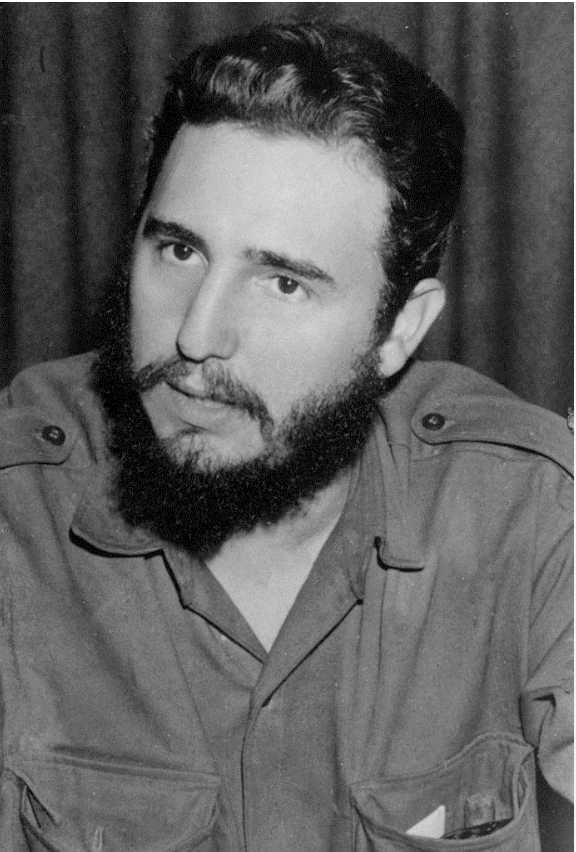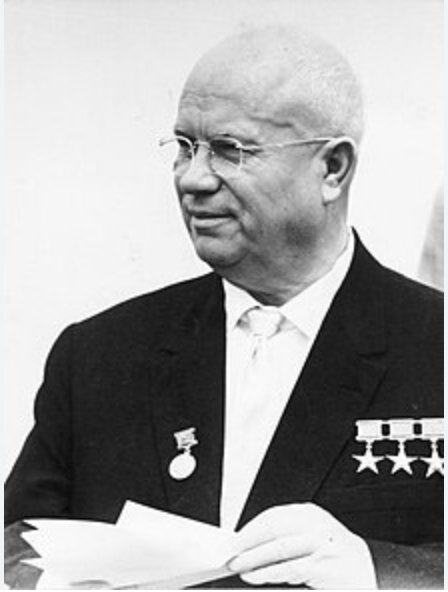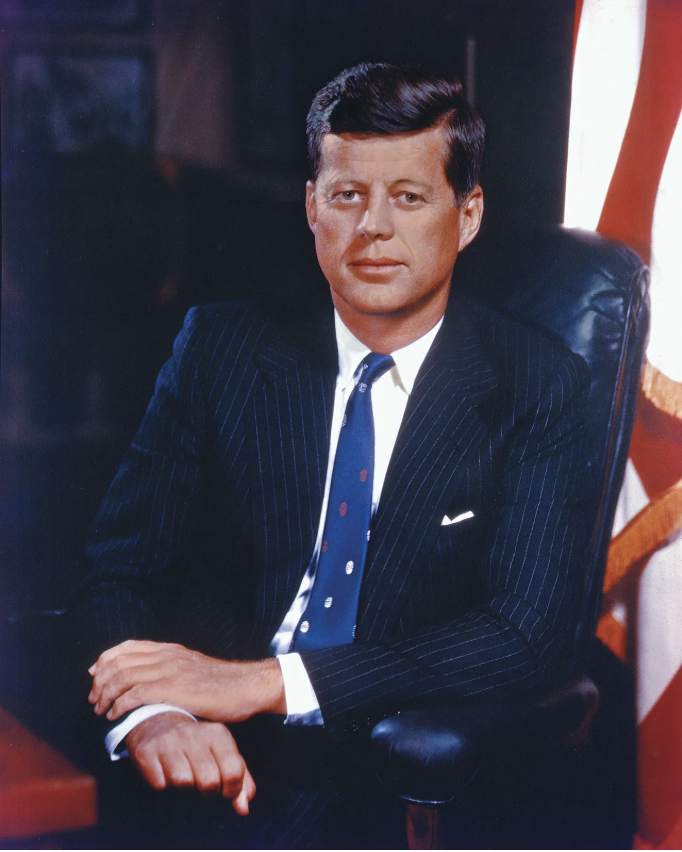History - Cold war: Terms and People to know
1/10
Earn XP
Description and Tags
Information on the people and terms provided on the EOYT document.
Name | Mastery | Learn | Test | Matching | Spaced |
|---|
No study sessions yet.
11 Terms

Fidel Castro
Fidel Castro was a Cuban revolutionary leader who led the overthrow of the government in Cuba. He then became the country's leader and established a communist government.

Nikita Khrushchev
Nikita Khrushchev was a Soviet leader who was in charge of the USSR after Stalin. He is known for leading during the Cold War and for the Cuban Missile Crisis.

John F. Kennedy
John F. Kennedy was the President of the United States from 1961 to 1963. He is known for his leadership during the Cold War and the Cuban Missile Crisis.
What is was the cold war
In simple terms, it was a time when the United States and the Soviet Union didn't fight each other directly, but they competed in things like space, arms, and influence around the world.
When was the Cold War
The Cold War was a period from about 1947 to 1991.
American Actions during the Cuban Missile Crisis
During the Cuban Missile Crisis, America found out that the Soviet Union was building missile bases in Cuba. The U.S. responded by setting up a naval blockade to stop more missiles from coming in and demanded that the Soviets remove the missiles already there.
Soviet Actions during the Cuban Missile Crisis
During the Cuban Missile Crisis, the Soviet Union secretly placed missiles in Cuba to help protect Cuba and to challenge the United States. They initially denied the missiles' presence but eventually agreed to remove them after negotiations with the U.S.
Blockade
A blockade is when a country ships or blocks all the goods and ships from coming into or leaving a specific area, usually to prevent something from happening. In the Cuban Missile Crisis, the U.S. set up a naval blockade around Cuba to stop Soviet ships from delivering more missiles.
Escalation
Escalation means when a situation gets more serious or intense. During the Cuban Missile Crisis, both the U.S. and the Soviet Union escalated the conflict by increasing their military readiness and threatening each other, bringing the world closer to war.
Mutual Assured Destruction
Mutual Assured Destruction, or MAD, is a situation where both sides have enough nuclear weapons to destroy each other if a war starts. It acts as a deterrent because neither side wants to risk total destruction.
Trade Embargo
A trade embargo is when a country officially bans trade with another country. During the Cuban Missile Crisis, the U.S. imposed a trade embargo on Cuba to cut off supplies and pressure Cuba and the Soviet Union to remove the missiles.